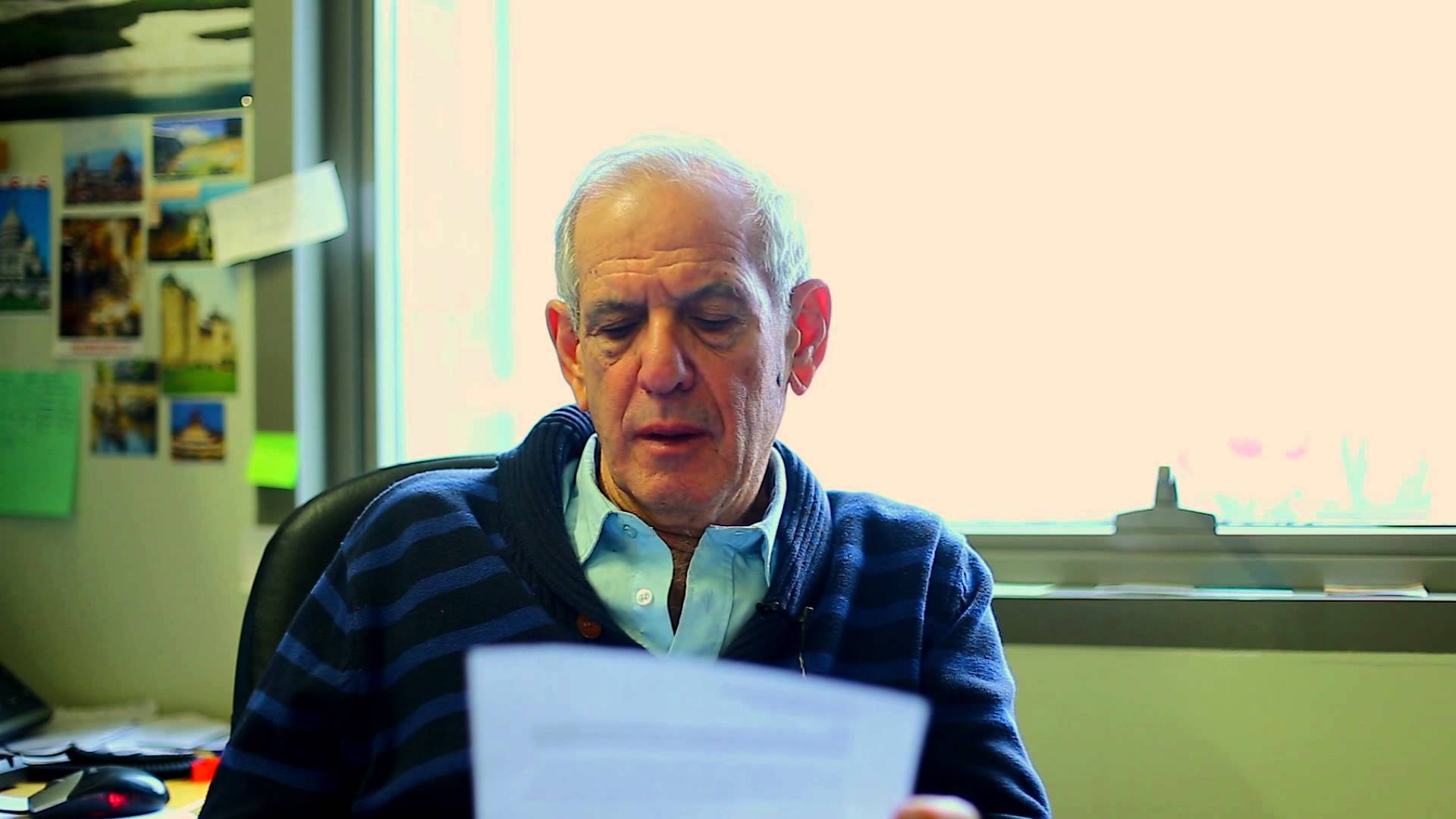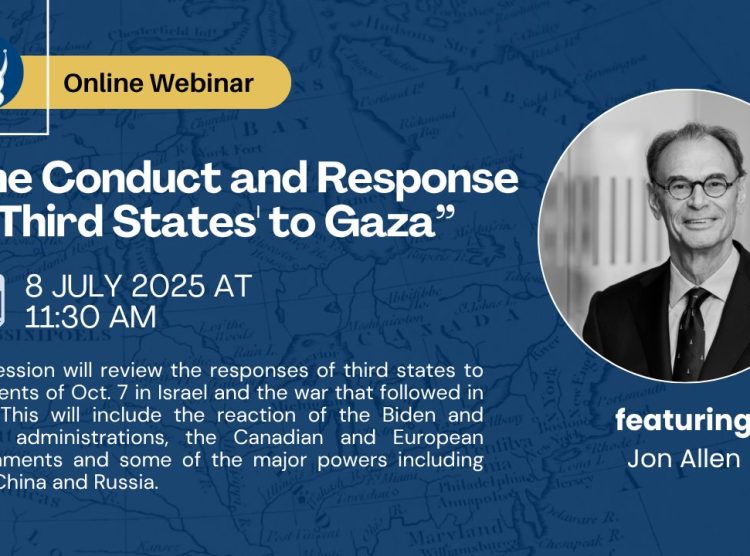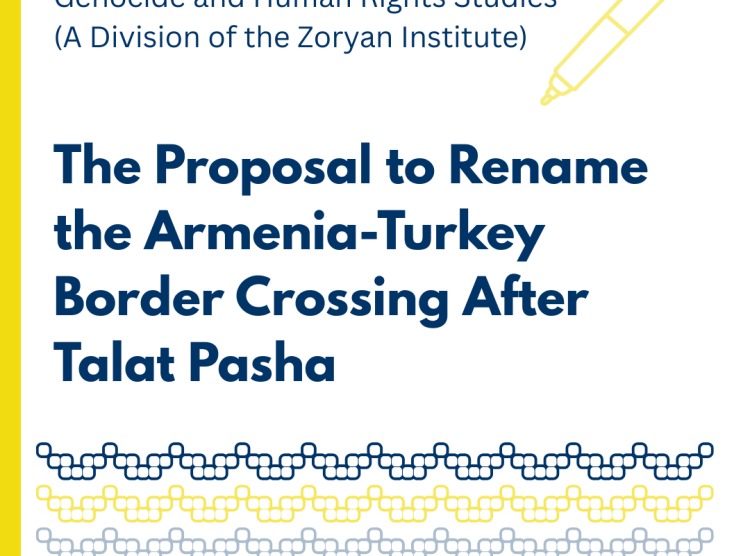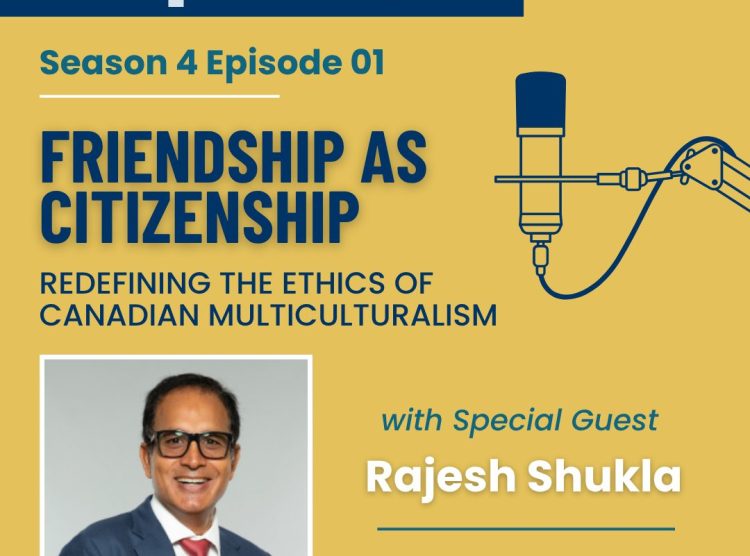JERUSELEM: June 28, 2016 – An interview was held with Dr. Yair Auron, an Israeli historian
and board member of the Zoryan Institute, after an article was released by The Times of Israel, announcing Turkish and Israeli diplomatic rapprochement. The relationship between the former allies deteriorated in 2010 following an Israeli naval raid on the Mavi Marmara flotilla, killing 9 Turkish activists, including a dual American citizen. The ship was sailing to Gaza in breach of Israel’s blockade.
Turkey’s rapprochement with Israel comes at a time when Turkey finds itself in isolation with a breakdown of ties with Russia, Egypt, conflict with its Kurdish minority, the turmoil in neighbouring Syria, and the declaration of Pope Francis, on June 24, 2016, denouncing the ideologically twisted planned genocide of Armenians by Ottoman-era Turks, a century ago.
“Israel refrained from allowing a public debate to have a free vote on the subject of the
Armenian Genocide for fear of alienating the Turkish government, a key ally to Israel and the United States.
On May 15, 2016, Jerusalem Post, reported that the Knesset speaker, Yuli Edlstein, had called on the government to recognize the 1915 genocide of Armenian people, by the Ottoman Turks, at a special debate on the subject in the parliament. “It is no secret that Israel has taken too ambivalent of a stance on the Armenian Genocide,” Edlstein said, “There are many reasons, diplomatic and otherwise, for the Israeli stance being too hesitant and restrained, which downplayed the magnitude of the historical event. We Jews who are still suffering from the impact of the Holocaust cannot minimize the tragedy,” he added.
This year, on July 5th, the Knesset will hold another debate on this subject. This debate comes almost a month after Germany’s parliament voted to recognize the 1915 massacre of 1.5 million Armenians by Ottoman forces as “genocide”. The Bundestag resolution admitted Germany’s historic role, as a military ally of the Ottoman Empire, in aiding the “organized expulsion and annihilation of the Armenians” from their ancestral homeland and failing to stop “these crimes against humanity.” The resolution also acknowledged “the German Reich’s complicity in the events.”
When we look at the recent German recognition of the Armenian Genocide against that
background, a few lessons stand out. The modern Republic of Turkey is not the perpetrator state of the Armenian Genocide, but it is the legal inheritor of all rights and responsibilities of the Ottoman Empire. Rather than acknowledge that genocide, every successor administration of the Turkish Republic has gone out of its way to obfuscate and deny it. Moreover, it has used its considerable geo-political, military and economic leverage to coerce and coopt other countries to go along with its denial policy.
Two of the most notable countries that have acquiesced in this are the United States and Israel. United States officials so thoroughly documented the Genocide, and the American peoples’ response was a massive and unprecedented outpouring of humanitarian aid for the “starving Armenians.” Furthermore, the US has gone out of its way to honour the memory of another genocide, the Jewish Holocaust. Unfortunately, even today, certain academics and governments insist on the uniqueness of the Holocaust. I cannot accept that because the Holocaust is not unique, and needs to be studied as one example of genocide and not in isolation. Israel, a state born out of the Holocaust, is expected not to barter with the memory of the genocide of another people. In fact, there are moral strictures in the Talmudic tradition against “standing idly by the blood of your neighbour.” (Leviticus 19:16) Yet, Israeli officials have explicitly denied that what happened to the Armenians is anything like what happened to the Jews.
American presidents have produced high-sounding statements for April 24 every year, ostensibly to acknowledge the memory and lessons of the Armenian Genocide, but studiously avoid using the word “genocide.” Israel has gone even further, not only denying the status of the Armenian Genocide, but honouring the tragic killing of a small group of Azerbaijanis at Khojaly during the Nagorno Karabagh Conflict. Israeli Foreign Minister Avigdor Lieberman said at a commemoration in 1915, “We are gathered here today to talk about the necessity to combine the experience of Israel and Azerbaijan in order to prevent such tragedies in the future.”
This double standard is very hard for me, as a human being, an Israeli Jew, and as a scholar to accept. It is hard to see Israel trade on sympathy for the Holocaust, but deny the genocide of others.
When modern Germany admits the complicity of Imperial Germany in the Armenian Genocide, how can anyone go along with Turkish denial? Indeed, legally, this denial would make modern Turkey an accessory after the fact.
I have an Armenian friend who often says, “No one understands a Jew better than an Armenian, and no one understands an Armenian better than a Jew.” This is because their national experience has so many parallels, not only of genocide and dispersion, but also of ethnic and religious discrimination. It is a fact that in December 1914, the Young Turk regime expelled 500 Jews from Jaffa. In May 1915, some 10,000 Jews were expelled from Tel Aviv and Jerusalem. Djemal Pasha, the military governor of Palestine, declared that their fate would be the same as the Armenians.
It is past time that Israel officially recognizes the Armenian Genocide, if, as Foreign Minister Lieberman claims, we need to combine Israeli experience with that of others in order to prevent genocide in the future. Every year now, the Knesset debates this issue. The votes are there, but the government does not allow it to come to a vote. Let this year be different. Let the Knesset have a free vote on whether or not to recognize the Armenian Genocide.
Dr. Auron completed his interview by stating: Now that Israel and Turkey have mended fences and are about to renew their diplomatic ties, the Knesset must give a clear message that Israel’s relations cannot be held hostage to Turkey’s denial of these incontestable historical facts, especially after Germany’s admittance of its complicity, as an ally of Ottoman Turkey. It should further emphasise that Armenian Genocide recognition by Israel is not about friendship or enmity towards Turkey, but it is rather a moral responsibility of Israel. Furthermore, after Germany’s admittance of complicity, the failure of the Israeli Knesset to openly label the “events of 1915” as “genocide” is no longer only a simple moral issue, it is also a matter of credibility.”
Yair Auron is an Israeli historian, scholar and expert specializing on Holocaust and genocide studies, racism and contemporary Jewry. He is a board member of The Zoryan Institute of USA & Canada.





